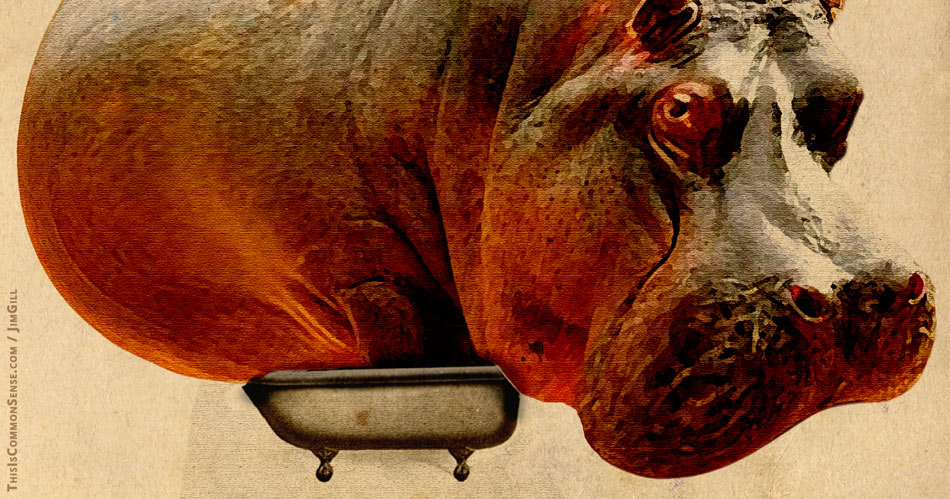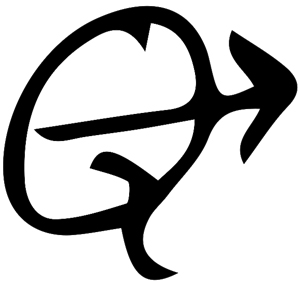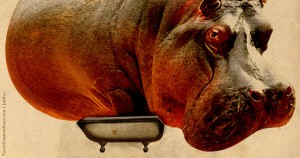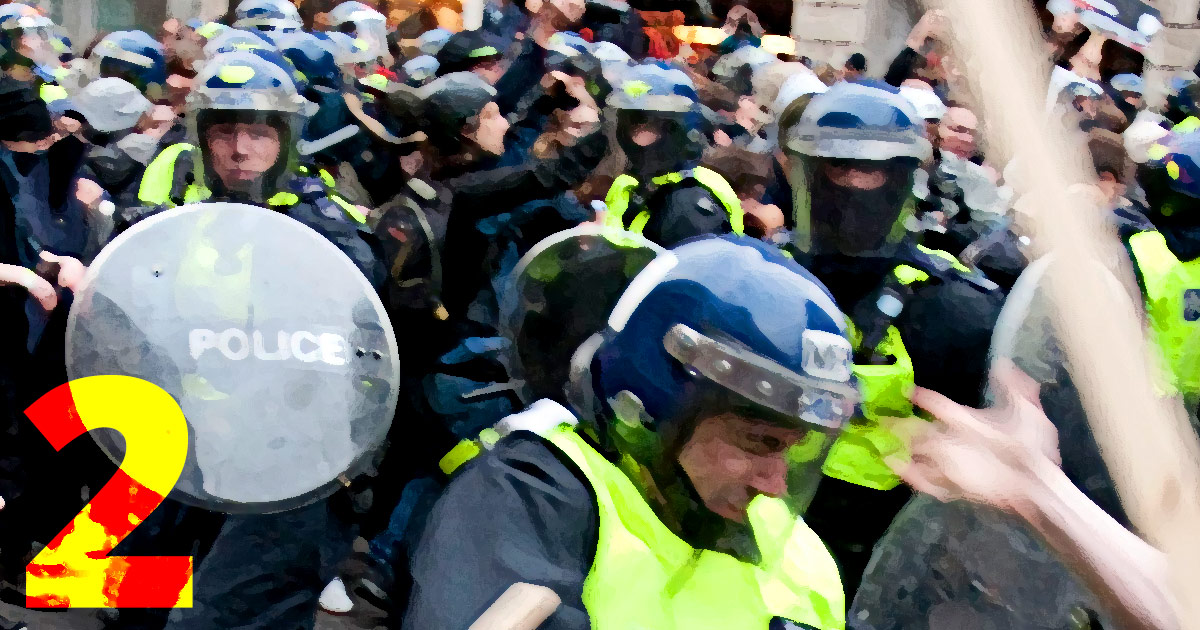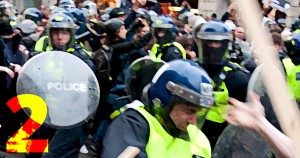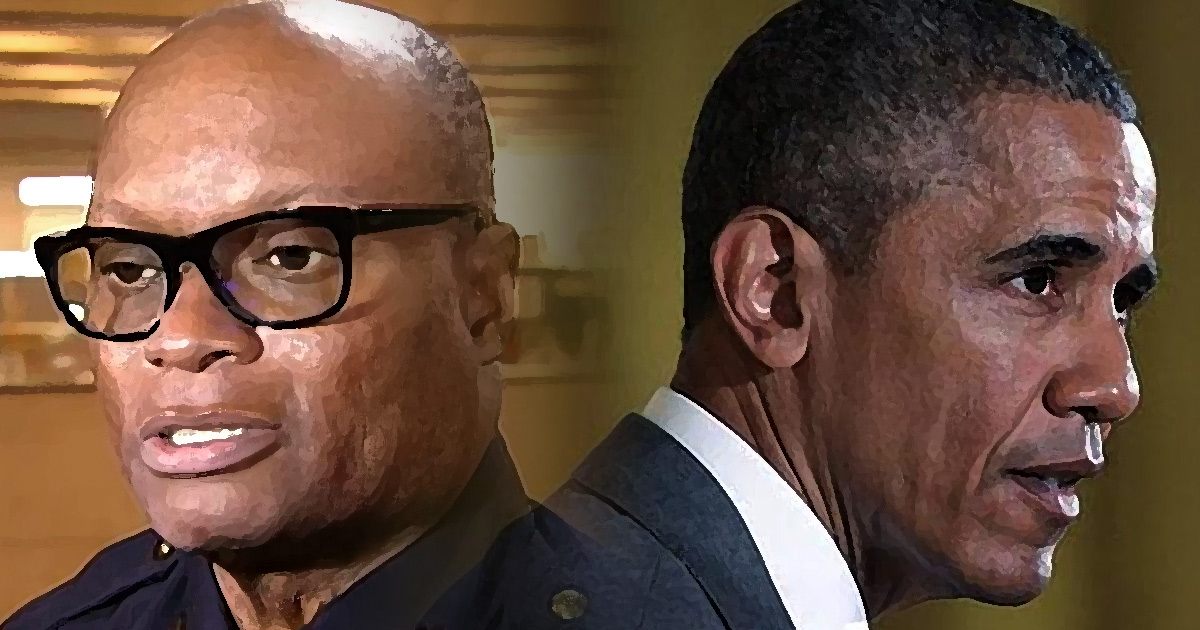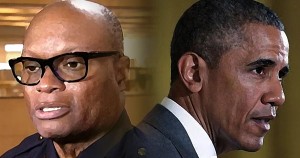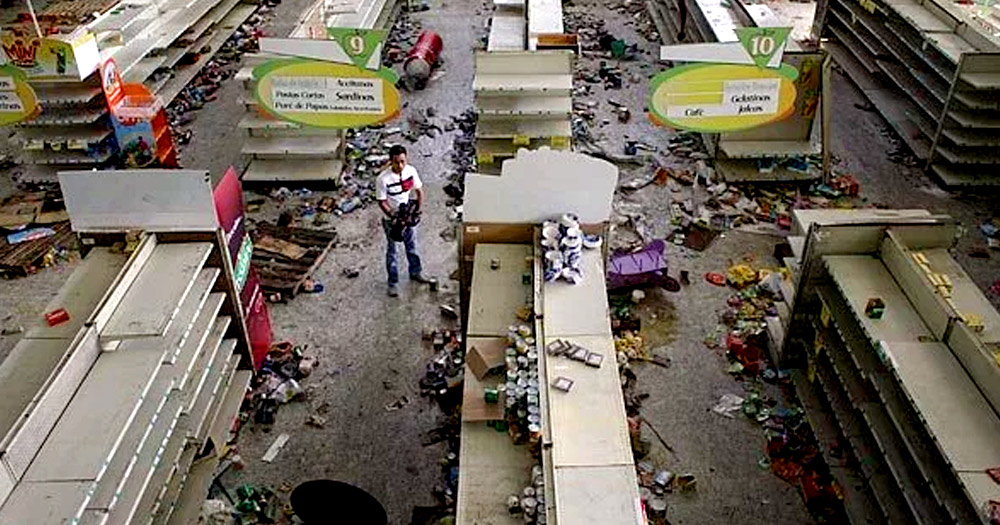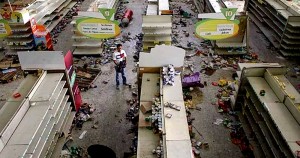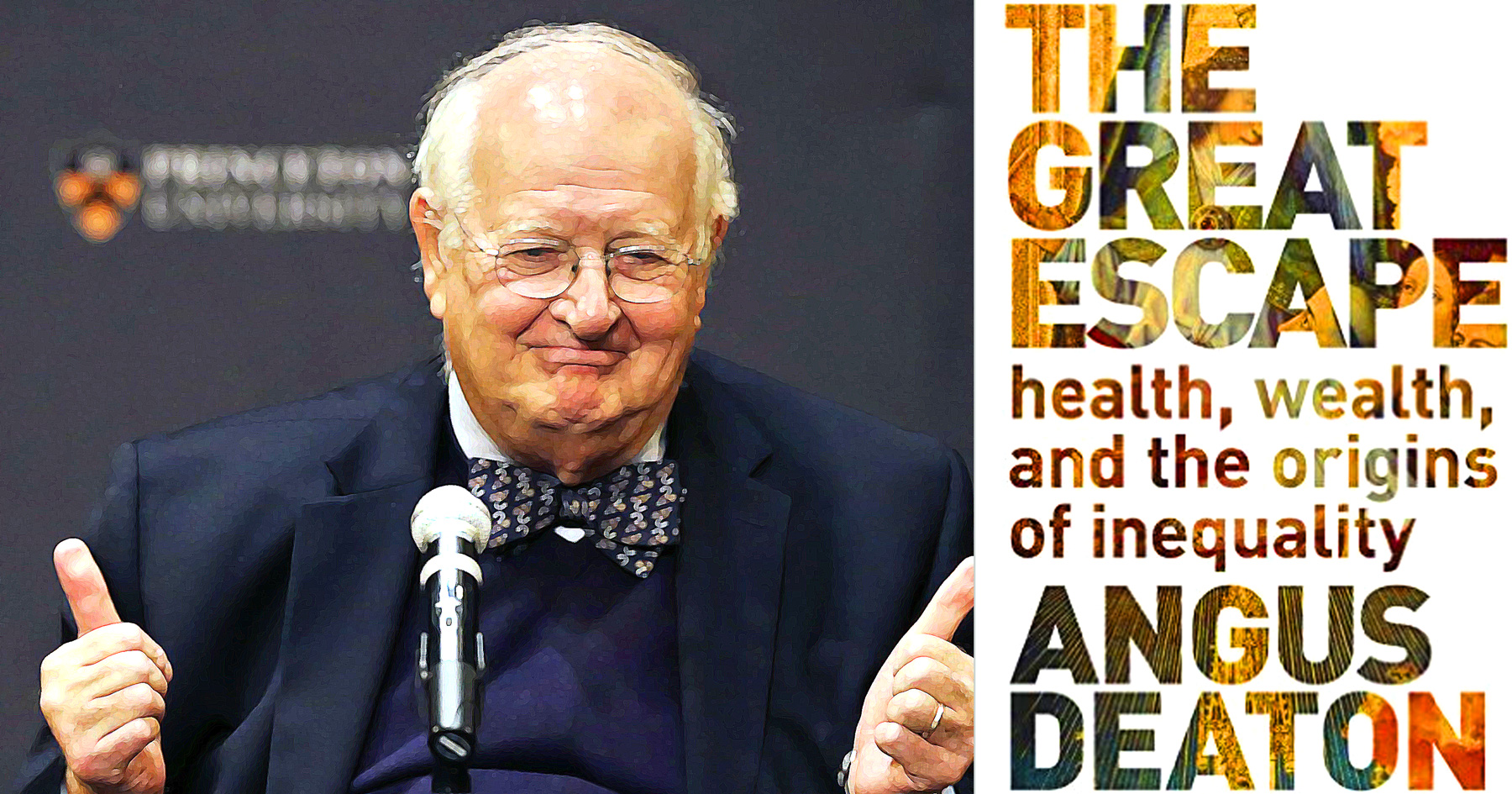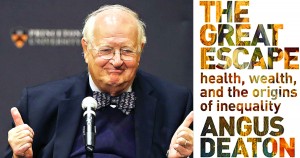I have friends who call themselves anarchists. Their theory? Government is always merely an open conspiracy of some to live at the expense of others.
Republicanism, on the other hand, proposes that if we limit government, we can hone it down to the level where there is no conspiracy, and everything the government does can plausibly help everybody.
Not just a few insiders.
Socialism is the opposite notion. Socialists seek to grow government so far that it “naturally” serves everybody, not only the few. It’s all about “equality,” you see.
Here’s what we know for sure: socialism, when really tried, is so awful that it makes anarchy-as-chaos sound good.
The latest socialist horror is Venezuela, which is getting worse every day. Now hospitals place newborns in cardboard boxes. There are no other supplies.
But that’s not all. The special program for feeding everybody? It’s now mainly for feeding just those close to the government — precisely as my anarchist friends say all government is:
Six months after the creation of the Local Committees of Supply and Production (Clap) that is designed to “distribute food directly to the people,” the government has decided to change its approach by threatening those using the program.
The Venezuelan government announced that it will suspend delivery of food packages to those who criticize its policies.
Are socialist out to prove anarchists right?
I bet most of my readers still put some hope in limiting government to serve all. Venezuelan socialism demonstrates how badly the opposite idea is, showing us that serving everybody by total government just decays into the folks allied closely with government warring against everybody else . . . who starve in plain sight.
This is Common Sense. I’m Paul Jacob.
Questions Answered:
What is the difference between a republic and a socialist state?
What do anarchists think of government?
What happens when government tries to do everything for everybody?
The Next Question:
How do we convince well-meaning socialists that total government cannot work for the benefit of everybody? (Since the examples of the USSR, Communist China, and Venezuela haven’t worked so far.)
